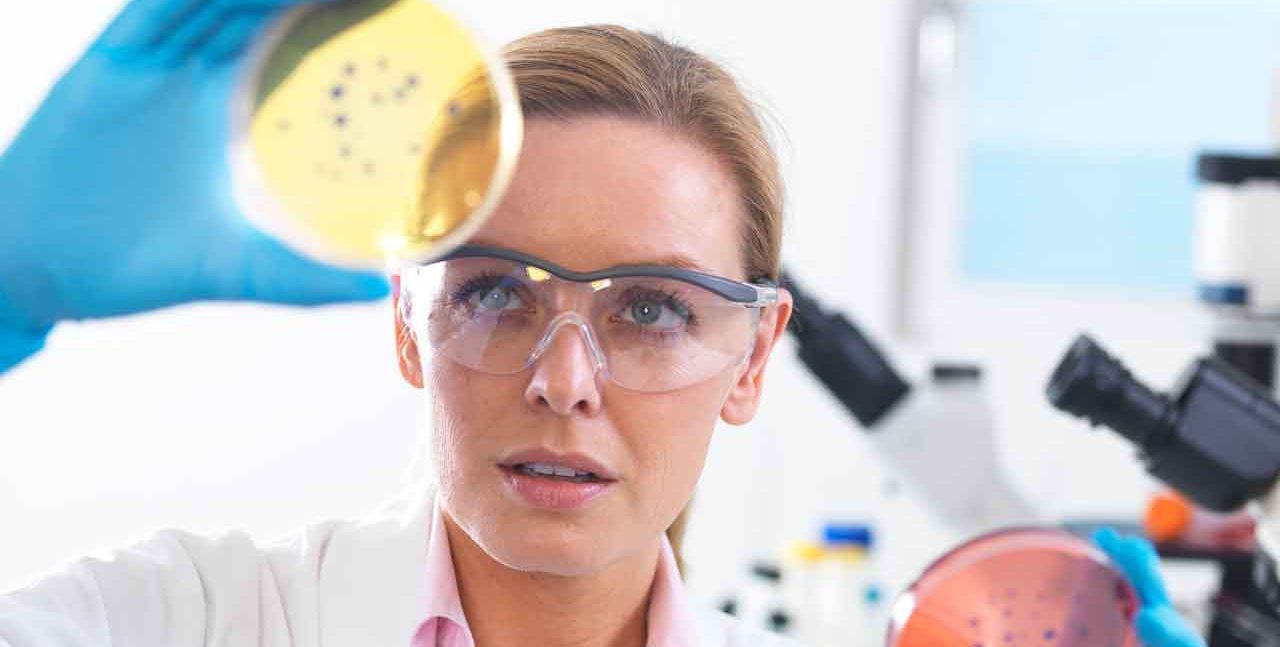Antibiotics Change Gut Bacteria Balance

Even one course of prescription antibiotics may lead to a lingering change in the ecosystem of your body, upsetting the balance of bacteria in your gut.
Your body is an ecosystem, with a balance of more than a 1,000 tiny species of microbes living in harmony when you’re healthy. The good kinds keep in check microbes that could cause problems.
Occasionally, however, you get an infection. Your body can’t handle the invader without symptoms, sometimes dangerous ones. That’s where antibiotics come in. They kill the invader, but, like bombs dropped in urban areas, typically eliminate nearby innocent civilians as well.
YOU MIGHT ALSO LIKE: How to Avoid Increasing Antibiotic Resistance
Can antibiotics affect your future health?
The goal of treatment is to balance your microbiome after you finish taking the antibiotics. But research going back more than a decade shows that taking even ordinary antibiotics can lead to lasting changes in your gut, killing off bacteria you need.
It’s possible that modern medicine has contributed to the increase in several major illnesses. Researchers are studying how particular antibiotics at different dosages change your gut to make them safer. At the same time, scientists are looking at the bigger picture, investigating the links between antibiotics and depression, Alzheimer’s disease, obesity, and type 2 diabetes.
So, if your doctor suggests you take an antibiotic, ask if you can try alternatives first.
How antibiotics change your body
In an early study at Stanford, volunteers took a five-day course of ciprofloxacin, a key remedy for pneumonia, at a standard dose twice over 10 months. Each time, the researchers counted the bacteria in their guts afterwards.
Normally, the bacteria population was stable over time. After the first course of medication, roughly a third to half of the bacteria species experienced a sharp drop in numbers, some disappearing entirely. Other species grew in number, filling in the gaps.
People vary in how they respond. One volunteer hadn’t recovered six months later, even from just one course of antibiotics. The gut bacteria in other volunteers, meanwhile, seemed to go back roughly to normal after a week.
But after the second round, none of the volunteers ever returned to the previous state during the 10-month study.
It might be a problem even if you don’t show symptoms of an imbalance in your microbiome. A species that disappeared or diminished might have an important job, perhaps killing a particular pathogen. Its loss might not be noticed until that pathogen appears in your gut.
A study analyzed the results in patients receiving three months of amoxicillin, a common antibiotic used to fight bacterial infections in the ear, nose, and throat. In that case, the patients had low back pain, thought to be the result of a bacterial infection.
Their microbiomes did change but seemed to get back to their previous state nine months after the treatment ended. At the nine-month point, however, they showed signs that microbes in their body had evolved to become resistant to the antibiotics, a bad sign for the future. One bad result would be recurrent battles with Clostridium difficile, a stubborn intestinal infection.
Some patients might think it’s worth the risk, but the clinical trial showed that amoxicillin didn’t actually help their low back pain.
As science advances, doctors will make more targeted, informed choices. Cipro seems to be more disruptive than amoxicillin, for example. Cefprozil, which is often used to treat bronchitis, seems to lead to permanent changes. Oral vancomycin, the main remedy for Clostridium difficile, creates bad effects of its own.
Gut disruptions may be especially serious in younger children and infants. But antibiotics can also be life-saving. In one important study, azithromycin (sometimes called a “Z pack”), reduced deaths in Niger among children up to five years old by 18 percent over two years. When researchers analyzed the gut microbiome of 600 preschool children who took the medicine every six months, they found lasting changes in the microbiomes, including an increase in resistant microbes.
What you can do
Sometimes you absolutely need an antibiotic. The trick is to avoid repeated doses — for your own sake and for the public — to fight the growing problem of superbugs that have become resistant to antibiotics.
You also shouldn’t take antibiotics to treat any viral illness. Antibiotics don’t kill viruses, so you’ll have risked your future health for nothing.
You can repair a damaged microbiome, but the treatment, a fecal transplant, is not generally available yet. In the procedure, a healthy microbiome present in a donor’s stool is introduced to a patient.
Taking probiotics, formulas of helpful bacteria, may help but can also backfire. Doctors often recommend probiotics after you take antibiotics. But you shouldn’t take both at the same time, since antibiotics can upset the balance of your gut bacteria and cancel the benefits of a probiotic.
Your best bet is to avoid antibiotics and eat a diet rich in fiber, which feeds your good gut bacteria.
Updated:
November 21, 2023
Reviewed By:
Christopher Nystuen, MD, MBA and Janet O'Dell, RN